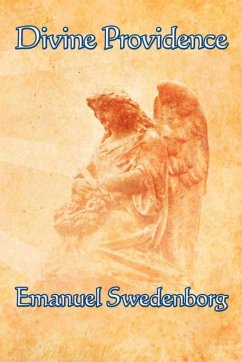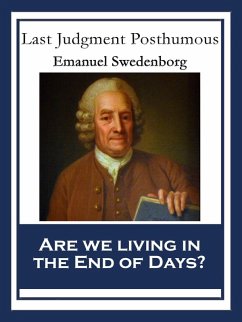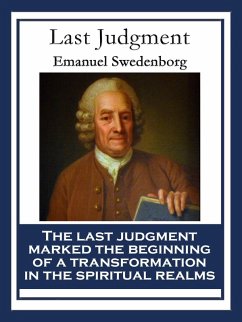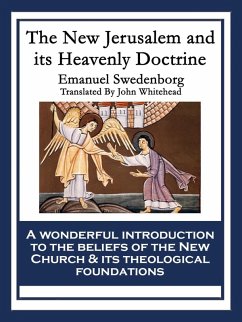Emanuel Swedenborg (born Emanuel Swedberg; 8 February [O.S. 29 January] 1688 - 29 March 1772)[2] was a Swedish pluralistic-Christian theologian, scientist, philosopher and mystic.[3] He is best known for his book on the afterlife, Heaven and Hell (1758).[4][5] Swedenborg had a prolific career as an inventor and scientist. In 1741, at 53, he entered into a spiritual phase in which he began to experience dreams and visions, beginning on Easter Weekend, on 6 April 1744. It culminated in a "spiritual awakening" in which he received a revelation that he was appointed by Jesus Christ to write The Heavenly Doctrine to reform Christianity.[6] According to The Heavenly Doctrine, the Lord had opened Swedenborg's spiritual eyes so that from then on, he could freely visit heaven and hell to converse with angels, demons and other spirits and the Last Judgment had already occurred the year before, in 1757.[7] According to Swedenborg, we leave the physical world once, but then go through several lives in the spiritual world - a kind of hybrid of Christian tradition and the popular view of reincarnation.[8] Over the last 28 years of his life, Swedenborg wrote 18 published theological works-and several more that were unpublished. He termed himself a "Servant of the Lord Jesus Christ" in True Christian Religion,[9] which he published himself.[10] Some followers of The Heavenly Doctrine believe that of his theological works, only those that were published by Swedenborg himself are fully divinely inspired.[11] Others have regarded all Swedenborg's theological works as equally inspired, saying for example that the fact that some works were "not written out in a final edited form for publication does not make a single statement less trustworthy than the statements in any of the other works".[12] The New Church, a new religious movement comprising several historically-related Christian denominations, reveres Swedenborg's writings as revelation















